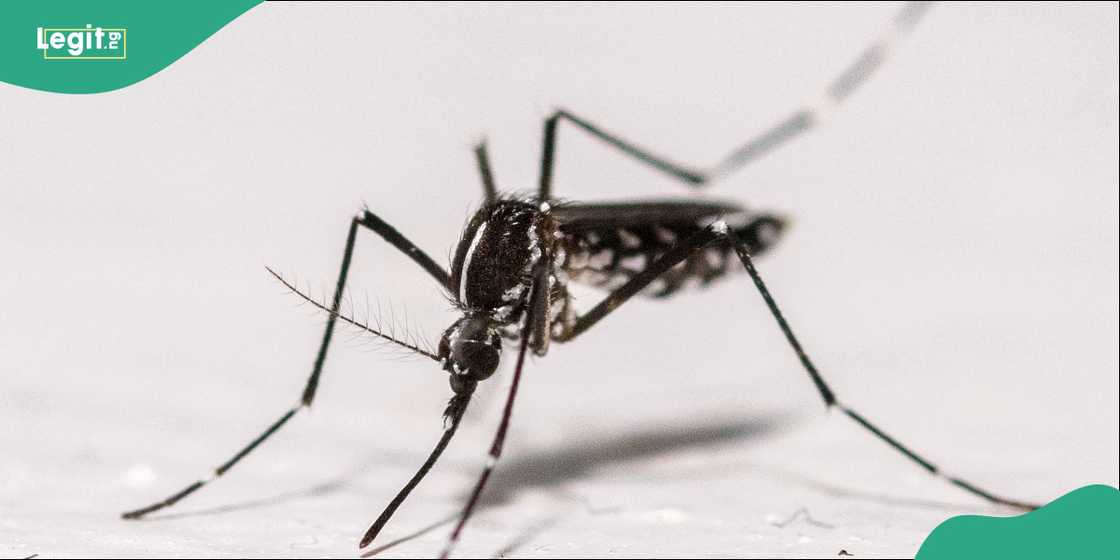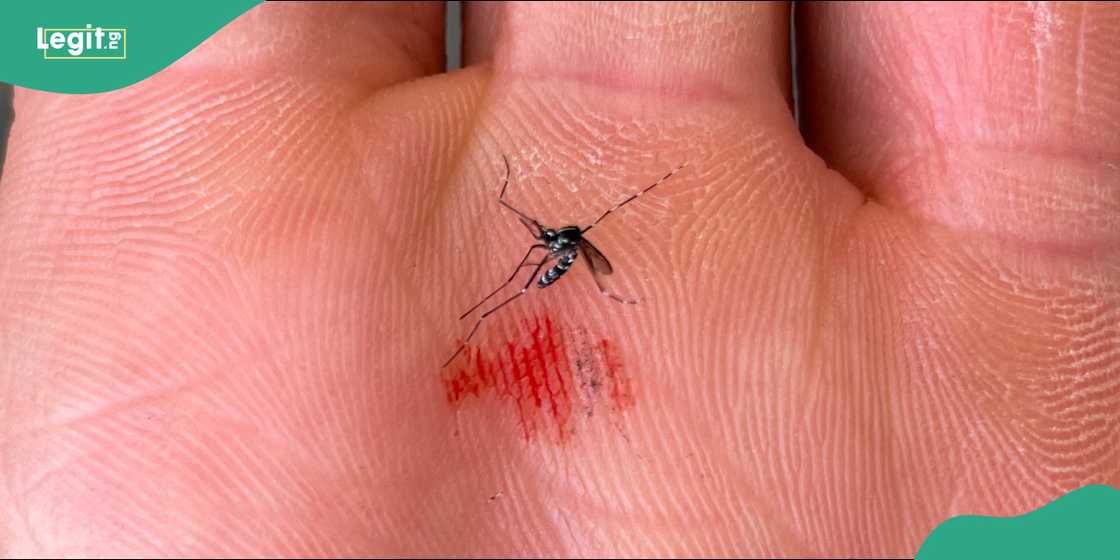Mosquitoes Found in Iceland for the First Time as Global Warming Worsens
- Mosquitoes have been identified in Iceland for the first time, ending the nation’s long-standing status as one of the few mosquito-free regions on Earth
- Scientists confirmed the presence of Culiseta annulata, a cold-resistant mosquito species capable of surviving Iceland’s harsh winters in shelters and basements
- Researchers say Iceland’s warming at four times the global rate has made it increasingly hospitable for species once limited to warmer climates
For the first time in recorded history, mosquitoes have been discovered in Iceland, signaling a striking ecological shift attributed to global warming.
The country, long known for its mosquito-free environment, now joins the rest of the world in hosting the insects that thrive in warmer and wetter conditions.

Source: Getty Images
Until this month, Iceland and Antarctica were the only known places on Earth without mosquitoes, the Guardian reported.
Scientists had long warned that climate change could alter that, as rising temperatures and abundant wetlands made the island increasingly suitable for mosquito survival.
Scientists confirm emergence of cold-resistant species
Matthías Alfreðsson, an entomologist with the Natural Science Institute of Iceland, confirmed the breakthrough discovery.
He identified three specimens of the cold-resistant Culiseta annulata species found in Kiðafell, Kjós, two females and one male. According to him, the mosquitoes were collected from wine ropes used in moth-attracting experiments.
“The species can survive Icelandic conditions by sheltering through winter in basements and barns,” Alfreðsson explained.
He described the discovery as significant but not entirely unexpected, given Iceland’s rapidly changing climate.

Source: Getty Images
Björn Hjaltason, an Icelandic insect enthusiast, first noticed the mosquitoes. He shared his finding on the Facebook group Insects in Iceland, where he described how he caught the first specimen at dusk on October 16.
“I caught sight of a strange fly on a red wine ribbon. I immediately suspected what was going on and quickly collected the fly. It was a female,” Hjaltason said.
He later captured two more and sent them to scientists for identification.
Warming climate driving new species northward
Experts say Iceland is warming at four times the rate of the rest of the northern hemisphere. The rapid temperature rise has already caused glaciers to melt and allowed fish from warmer regions, such as mackerel, to appear in Icelandic waters.
The arrival of mosquitoes is seen as another sign of how global heating is transforming the country’s biodiversity.
Across Europe, warming temperatures have enabled mosquitoes to expand their range northward. In the United Kingdom, the eggs of the Egyptian mosquito (Aedes aegypti), a vector for tropical diseases like dengue and Zika, were recently discovered.
The Asian tiger mosquito (Aedes albopictus), another disease-carrying species, has also been found in southern England.
While Iceland’s newly detected mosquitoes are not known to transmit diseases, their presence marks a turning point in the country’s environmental history.
Scientists say it demonstrates that no region, however cold or isolated, is immune to the effects of a warming planet.

Read also
Madagascar's president in hiding after surviving alleged assassination plot, protest continues
Scientists discover 'potential cure' for sickle cell disease
Earlier, Legit.ng reported that a revolutionary gene therapy, offering a potential cure for sickle cell disease, had been approved for use on the National Health Service (NHS) in England.
The £1.65m treatment, known as exagamglogene autotemcel (exa-cel), is a one-time gene therapy that edits the faulty gene in a patient's own stem cells.
Source: Legit.ng



